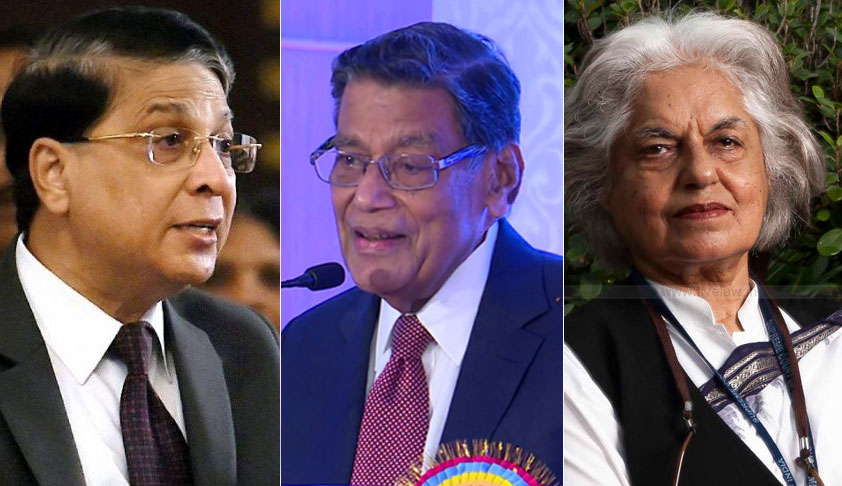In a significant step towards transparency and accountability, the Supreme Court on Monday favoured the live streaming of court proceedings in all matters, except where the hearing is held in camera, in rape cases and matrimonial disputes.The bench of Chief Justice Dipak Misra and Justices A. M. Khanwilkar and D. Y. Chandrachud, hearing two PILs by Senior Advocate Indira Jaising and law...

